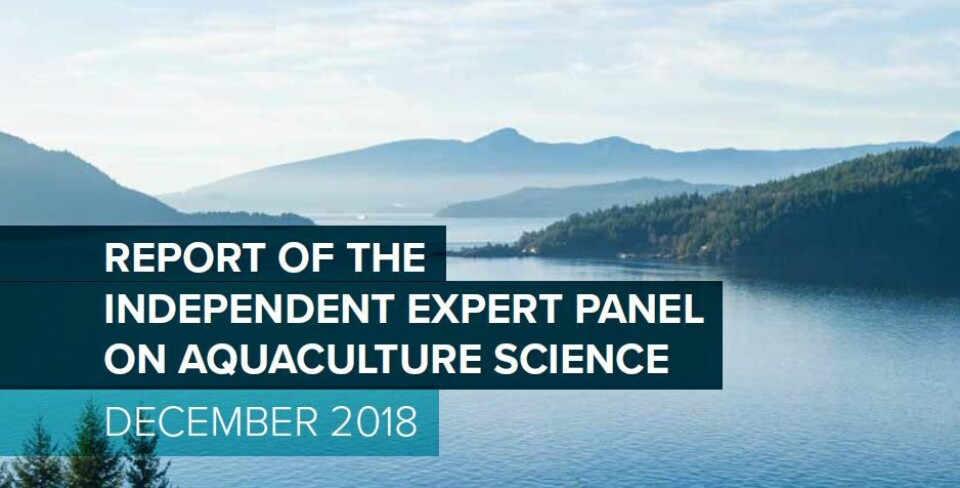
Expert panel delivers science lesson to Canadian aquaculture ministry
A report advising Canada’s Department of Fisheries and Oceans (DFO) on how to best carry out, use and communicate aquaculture science has been published.
The report of the Independent Expert Panel on Aquaculture Science, led by Canada’s chief science advisor, Dr Mona Nemer, was used by the DFO to guide changes in its approach to aquaculture management announced earlier this week.
The Panel, which included Scottish Aquaculture Innovation Centre chief executive Heather Jones, found that:
- The fragmentation of responsibilities between several levels of government, and between federal departments and agencies, presented challenges in communicating aquaculture science and resulting decisions;
- This jurisdictional fragmentation of responsibilities is not well understood by the public;
- DFO has overarching science responsibilities for aquaculture and is in a unique position to communicate to Canadians an integrated vision and plan for sustainable aquaculture and ocean protection;
- There are systematic processes for scientific research within DFO, but limited ability to evaluate the application of scientific evidence to broader aquaculture management decisions or to the assessment of the effects of aquaculture management actions on risk levels;
- Information on the science considered in specific regulations or policy decisions is not readily accessible;
- DFO science prioritisation and decision-making processes may have become too internal and are insufficiently communicated.

Integrated risk management
The Panel recommended that DFO develop an integrated risk management framework that can be used to promote continuous, proactive and systematic processes to understand, manage and communicate risks from an organization-wide perspective.
It also encouraged the development of a clear vision and multi-year plan to govern science activities, saying that together, these recommendations would help DFO in developing an effective, coordinated and accessible communication strategy with diverse stakeholders, indigenous communities and the general public.
To achieve this, the Panel recommended that an integrated scientific advisory system consisting of an externally appointed Departmental Science Advisor, as well as an External Advisory Committee on Aquaculture, be established by DFO. This would ensure ongoing participation of independent external experts in the science process at DFO - from research prioritisation to peer review and evidence synthesis and interpretation.
Additionally, the adoption of an open science framework that includes accessible data and scientific publications is recommended.
Another recommendation is that DFO should develop a communication plan to proactively communicate aquaculture science, and that such a plan must include a revamp of its website.
Read the full report here.























































